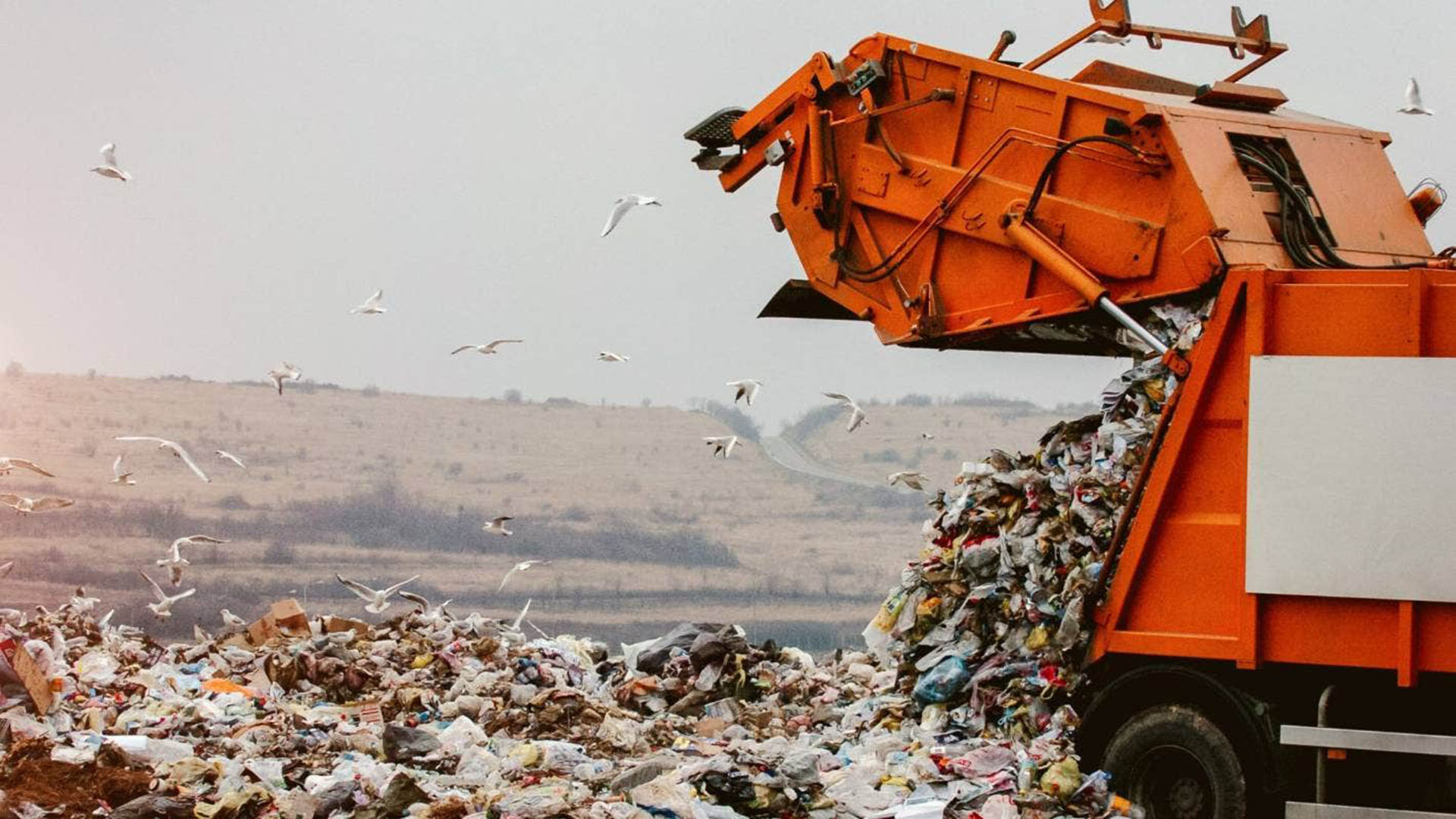

The Brief
The Department for Environment, Food & Rural Affairs (Defra) set out the Waste Prevention Programme (WPP) for 2013 in a policy paper, detailing the key roles and actions required in working towards a more resource efficient economy, including actions being taken by government to support this transition.
The Waste Prevention Programme aims to:
- Encourage businesses to contribute to a more sustainable economy by building waste reduction into design, offering alternative business models and delivering new and improved products and services;
- Encourage a culture of valuing resources by making it easier for people and businesses to find out how to reduce their waste, to use products for longer, repair broken items, and enable reuse of items by others;
- Help businesses recognise and act upon potential savings through better resource efficiency and preventing waste, to realise opportunities for growth; and,
- Support action by central and local government, businesses and civil society to capitalise on these opportunities.
Winning Moves had already evaluated several individual activities delivered by WRAP on behalf of Defra that contributed to the WPP. In this report, we reviewed the existing WPP activities from 2013-2019: the actions undertaken and impacts.
The Solution
In reviewing the programme, Winning Moves described the work undertaken to prevent waste from 2013-19 and assessed their impact and effectiveness based on existing evaluation evidence. In addition, the overall performance on waste prevention, as indicated by Waste Prevention Metrics, was reviewed. Interviews with stakeholders were also undertaken to fill knowledge gaps, especially with regards to the effectiveness of activities for which there was limited data or evidence.
The Outcome
All metrics, despite their limitations, indicate that overall the UK economy has been capable of slowing down the growth rate or even decreasing waste arisings, material consumption and Greenhouse Gas emissions from landfill, despite the GDP growth in recent years. It is clear from the evaluation of individual activities encouraged by the WPP that between 2013 and 2019, 727,000 tonnes of waste was, or is, projected to be prevented as a result of these activities. Previous evaluations based on both monitoring and interview data have estimated that effective attribution rates, i.e. impacts that would not have existed in the absence of government interventions, range from 23% to 40% of total impacts.
Being a very large energy consumer itself, government led by example by taking action towards reducing its own waste. However, the bulk of waste reduction achieved was brought about by private initiative, which was the key to the success for many activities. This was especially the case of voluntary agreements which brought together government and industry, and made a significant difference in reducing waste in England. On the other hand, the review also found that some of the activities had suffered from a lack of sufficient funding, which caused the work to stop. Much more could be achieved with legislative support setting clear standards, best practices and KPI targets, especially with regards to reuse, which many stakeholders viewed as increasingly important for waste prevention.
The full findings can be found in the published final report, here.
